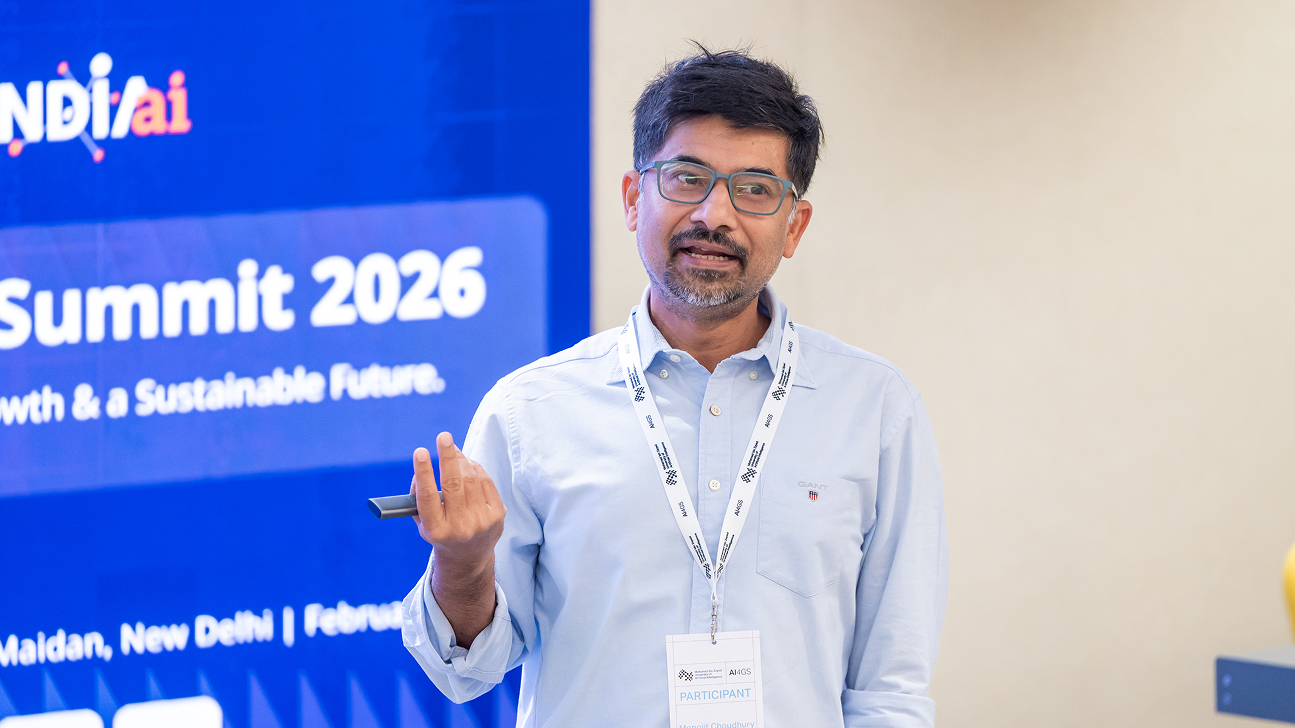The war on fake news can be won
Thursday, December 22, 2022

Tackling the threat posed by fake news can seem insurmountable because of the speed and scale with which it spreads. But Preslav Nakov, professor of natural language processing at MBZUAI and a world expert on disinformation, is confident we can turn back the tide.
He argues that, by being taught to detect fake news based on the type of language and sentence structure used, AI systems can outpace human fact-checkers and alert them before the content goes viral. By learning to find the most common sources of fake news rapidly, AI could even be able to halt it at source, by flagging domains that should be blocked.
Nakov is one of the leading experts on “fake news”, disinformation, fact checking, propaganda, and media bias detection and has published numerous research papers on solutions and stop-gaps for the ever-growing online social media infodemic. His research has been featured in more than 100 news outlets, including MIT Technology Review, Communications of the ACM (Research Highlights), Forbes, Boston Globe, Science Daily, Popular Science, Fast Company, The Register, WIRED, and Engadget.
Prior to joining MBZUAI, Nakov worked at the Qatar Computing Research, HBKU where he was a principal scientist. Previously, he was a research fellow at the National University of Singapore (2008–2011) and a researcher at the Bulgarian Academy of Sciences (2008). He has been an honorary lecturer at Sofia University, Bulgaria since 2014.
Related
Teaching language models about Arab culture through cross-cultural transfer
New research from MBZUAI shows how small, targeted demonstrations can sharpen AI cultural reasoning across the Arab.....
Read MoreAI and the silver screen: how cinema has imagined intelligent machines
Movies have given audiences countless visions of how artificial intelligence might affect our lives. Here are some.....
- cinema ,
- art ,
- fiction ,
- science fiction ,
- artificial intelligence ,
- AI ,
Balancing the future of AI: MBZUAI hosts AI for the Global South workshop
AI4GS brings together diverse voices from across continents to define the challenges that will guide inclusive AI.....
- languages ,
- representation ,
- equitable ,
- global south ,
- AI4GS ,
- event ,
- workshop ,
- inclusion ,
- accessibility ,
- llms ,
- large language models ,


